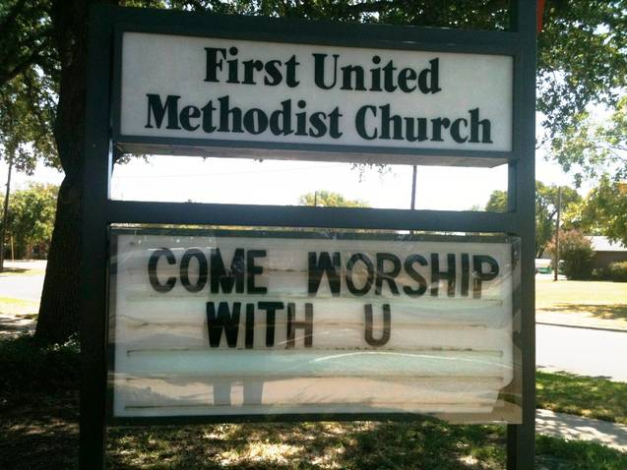The God who made the world and everything in it is the Lord of heaven and earth and does not live in temples built by hands. And he is not served by human hands, as if he needed anything, because he himself gives all men life and breath and everything else. From one man he made every nation of men, that they should inhabit the whole earth; and he determined the times set for them and the exact places they should live. God did this so that men would seek him and perhaps reach out for him and find him, though he is not far from each one of us. ‘For in him we live and move and have our being.’ – the Apostle Paul to the Greeks (Acts 17:24-28)
From this passage we find a number of God’s attributes. We read that he is Creator, the maker of all things.
We read that he is self-sustaining, not dependent on any of his creation for anything.
We read that he is in fact the Sustainer of all that he has created, giving “all men life and breath and everything else.”
We read that he is Sovereign, determining who will live where and when.
We read that he desires intimacy with humanity and is, in fact, intimately close to us all. That he created us that we might “reach out for him and find him, though he is not far from each one of us.”
And we read that he is a God who offers freedom to his creation to either choose him or not. We know that only an authentic love can be known when there is a choice to love or not to love. And he offers us, his creation, this choice.
In this one compacted message to the Greek philosophers in Athens, we are challenged with a massive and wonderful idea of what God is like. That he is infinitely bigger, wiser, greater, and more powerful than any one or thing else we could imagine. Who else could craft the universe from nothing? It is staggering to imagine the power and wisdom that could set into motion and foresee the stories of billions of human lives over several millennia. What keeps each heart beating? What is the central force of all life as we know it? We find the answer to be found within the person, the power, the life of the Creator himself.
And most wonderful of all, we discover in this passage that though the Creator is infinitely beyond us, he is intimately close. That his intention in choosing to create men, women, and children, and all of the universe, is that we and all things would be united to him.
God can be trusted because he is both all-powerful and the author of love and goodness.
Whatever we face, there is rest in the knowledge that Creator, the Sustainer, the sovereign God has set our lives into motion. That his design is that we would run to him, and find life and rest in him. We can view the workings of our life as intimately connected with God and his sovereignty – that what may seem random, man-made, and normal, may in fact be orchestrated by God. All of life is sacred under the God who has made all things for his purposes. He has set it all in motion, and his purposes will be accomplished for all who reach out to him in repentance and worship.
God is great – reach out to him. Trust in him. Worship him!










